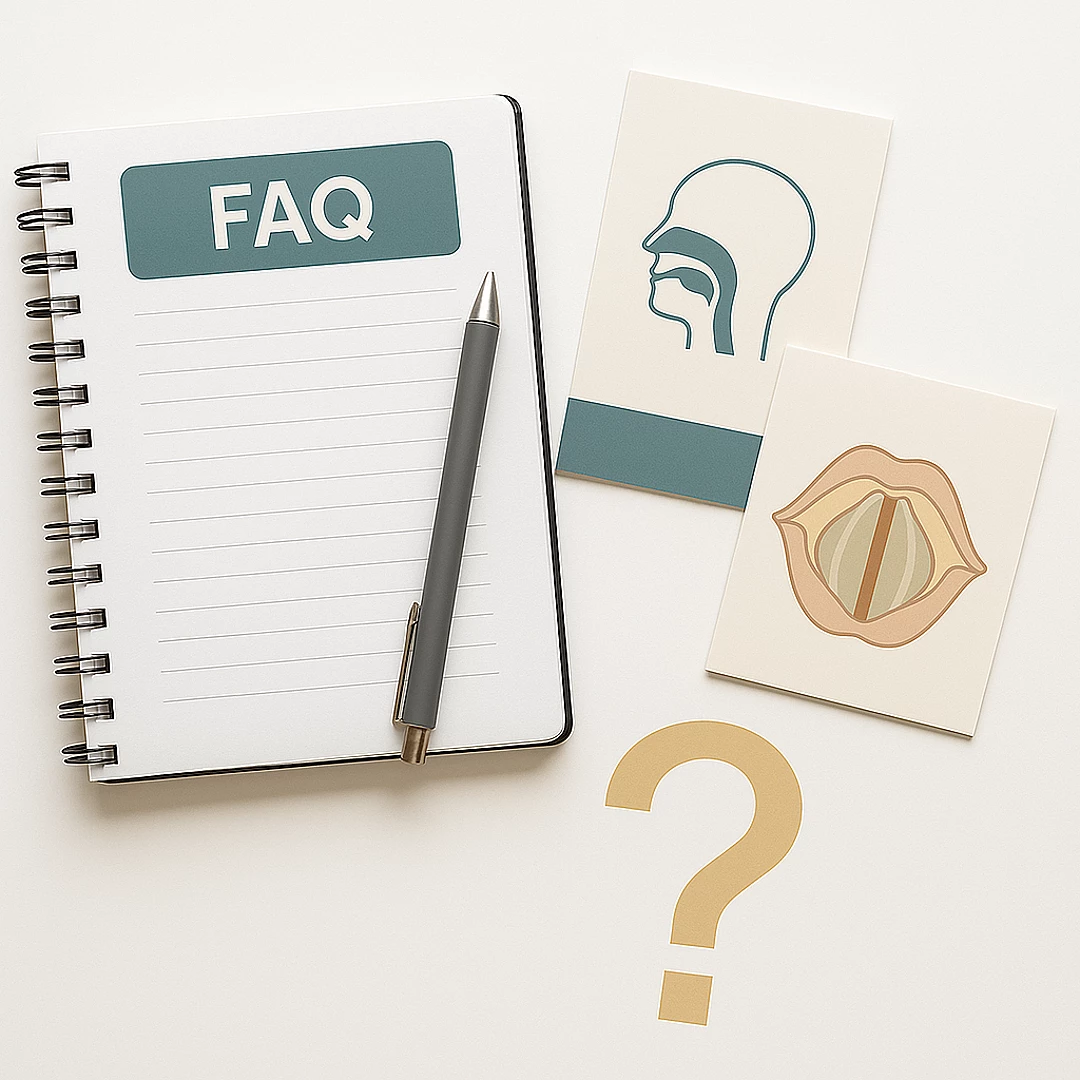
Vocal Cord Paralysis
Vocal cord paralysis is a medical condition that occurs when one or both vocal cords lose their ability to move normally. This paralysis can affect breathing, speaking, and even swallowing.
Types:
Unilateral paralysis: Affects one vocal cord.
Bilateral paralysis: Affects both vocal cords and is more serious as it may obstruct breathing.
Causes
- Nerve injury after thyroid surgery or any neck operation
- Tumors or infections in the neck or chest area
- Neurological conditions such as stroke or amyotrophic lateral sclerosis (ALS)
- Unknown causes (in some cases)
Symptoms
- Breathy voice, hoarseness, or voice changes; weak cough
- Weak voice or difficulty speaking for long periods
- Swallowing difficulties and coughing while eating or drinking
- Breathing difficulties (especially in bilateral paralysis)
- Frequent need to take breaths while speaking
Treatment
- Voice therapy sessions and vocal exercises
- Bulk injections, structural implants, nerve reinnervation
- Partial vocal cord removal using laser to widen the airway
FAQ
❓ What is vocal cord paralysis?
🗣 It’s a condition where one or both vocal cords lose their movement, leading to difficulty speaking, breathing, or swallowing.
❓ What are the symptoms of vocal cord paralysis?
🗣 Persistent hoarseness, weak voice, difficulty breathing during exertion, or choking while eating or drinking.
❓ Is vocal cord paralysis permanent?
🗣 Not always. Some cases improve over time or with voice therapy, while others may require surgical intervention.
❓ What causes vocal cord paralysis?
🗣 It can result from nerve damage during neck or chest surgery, tumors, viral infections, or sometimes with no known cause.
❓ Can the natural voice be restored after paralysis?
🗣 In many cases, yes — especially with appropriate rehabilitation or surgery, depending on the type and severity of paralysis.
❓ Does vocal cord paralysis affect breathing?
🗣 Yes, particularly when both cords are paralyzed, which can lead to breathing difficulties and requires prompt evaluation.
❓ Are there exercises to improve voice function?
🗣 Absolutely. A speech-language pathologist can guide specific exercises to strengthen the muscles and enhance voice quality.
❓ When should I see a doctor?
🗣 If hoarseness lasts more than two weeks or if you experience sudden trouble swallowing or breathing, consult an ENT specialist.




